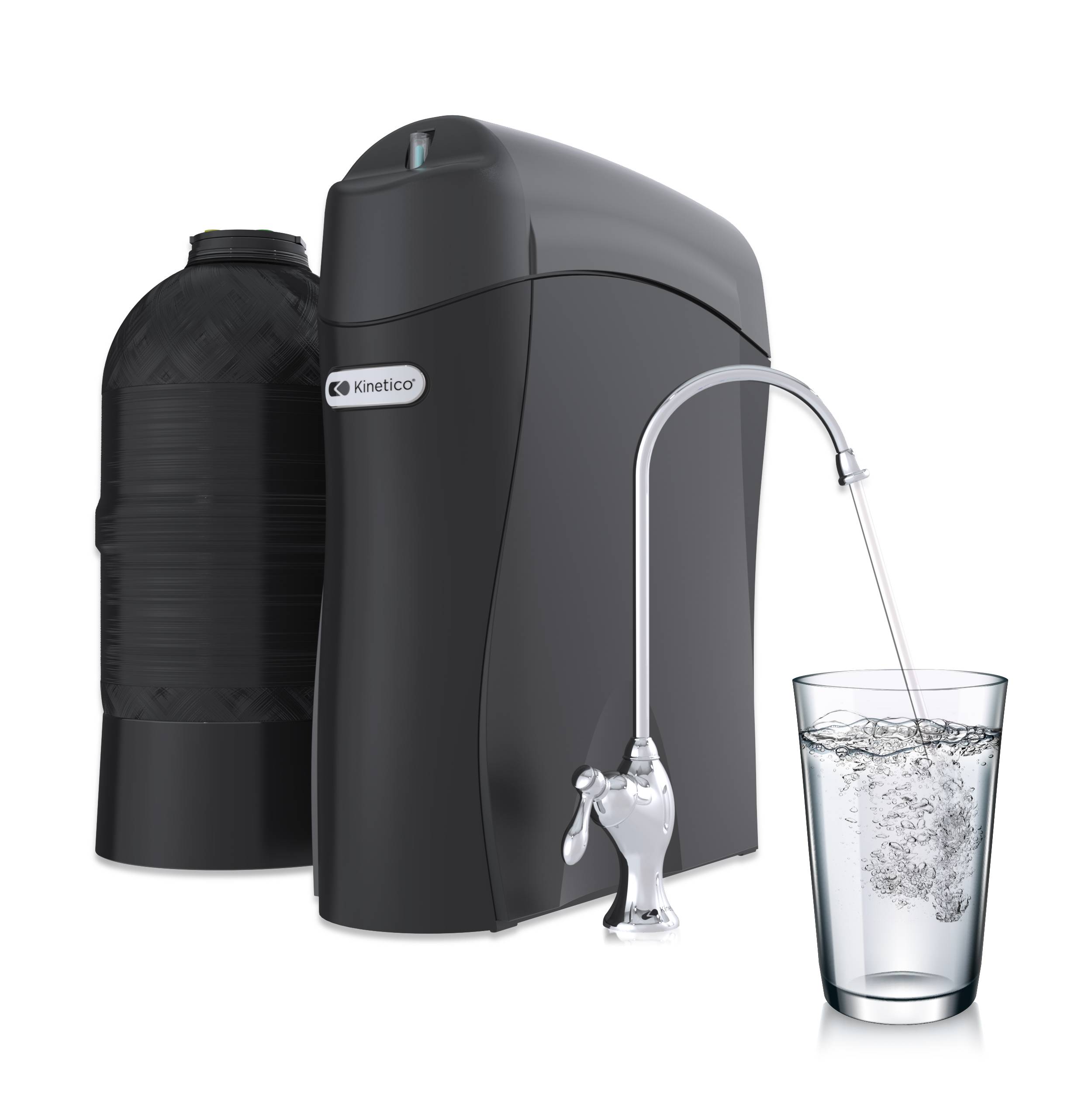Erin Huber is the founder and executive director of Drink Local. Drink Tap.©, a non-profit organization focused on creatively reconnecting people to local water. She inspires people to become better stewards of water through education and awareness in the west and she designs and implements sustainable water projects in the east (Africa). Huber’s passion for safe drinking water is supported by more than a decade of volunteer work and awards, a B.S. of Environmental Science and an M.S. of Urban Studies from Cleveland State University, emphasizing sustainability policy and new economics.
What we promised and what we’ve done: turning passion into action.
Mulajji Village, Uganda 2012
It’s not always easy turning your passion into action, planning projects eight time zones across the planet or telling the story of the world water crisis so people will help, but we’ve done it and we can’t wait to go back for more. In 2011, Drink Local. Drink Tap.© (DLDT) flew a film crew, a local school teacher and me to Africa for 30 days to plan a water project and gather film footage for a movie. We learned that students at St. Bonaventure Primary School in Mulajji Village, Uganda and most of their community had never flushed a toilet, seen a tap or even a lake. Students were forced to walk 2.5 miles in the “non-dry” season and 4.5 miles during the dry season for water just to survive. This walk happened DAILY before school started (6 am) and in the evening at (6 pm) ten months each year. The lack of safe water forced students to miss school due to time spent gathering water, time and kerosene spent boiling water (although fuel is always unaffordable), typhoid, e. coli, dehydration and lack of sanitation, which especially affected the ability of young women to wash properly during their menstrual cycles and they were forced to miss school.
As if that wasn’t enough, many of the children are orphans of war or AIDS. The school is only able to care for some of these children; the surrounding rural community helps to house the children who remain “homeless.” Some of the students have HIV. Most students have no shoes. Most do not eat breakfast or lunch. Only a handful of books and desks exist, and most cannot afford the 1,000,000 shillings it costs to go to the high school. The situation is dire and unimaginable to most of us. During our first trip, these issues became extremely overwhelming at times. We finally realized we could not solve every problem in Uganda or the world, but we could share safe water access.
Increased safe and sustainable water access equals increased time, health, money, education, and equality for humans; water is literally the base of all life.
In July 2011, we made a promise to the St. Bonaventure children and their community to eliminate the walk for water and bring LIFE. We started designing a sustainable, safe water project in 2011 that would consist of a water team, a new protected borehole (water source) and ongoing hygiene and sanitation education. We built a team of students, school and parish staff and community parents which installed community ownership from day one. We consulted the community and team to hear their stories and moved forward based on their needs, wants and abilities to maintain a new source. For one year, we worked with U.S. school children, businesses and communities to raise the funds needed to implement a successful project. We filmed the progress so we would be able to tell their story. In the summer of 2012, we drilled 60 meters into the earth to reach safe water in a rural village few have traveled to. The school is happy but we aren’t done.
DLDT wants to remove the jerry can (water container) that children carry to retrieve water. This will help to prevent additional disease, provide larger amounts of water with easier onsite access and will ease the stress of daily life in the parish. The next phase, to be completed near the end of 2013, will be a gravity fed tap system which will run three taps to the school and removing the need for the jerrycan, improving the safe water chain and increasing water access.
DLDT didn’t stop at St. Bonaventure Primary; there is too much work to be done in the world. We also traveled to Masindi, Uganda this year to scope a two part project at an AIDS orphanage during the next project installation in Mulajji Village. The AIDS orphanage project will bring a shallow well and gravity fed farm irrigation to the children to remove the walk for water and increase sustainable food production to save the school funds and increase nutrition for the already vulnerable children.



